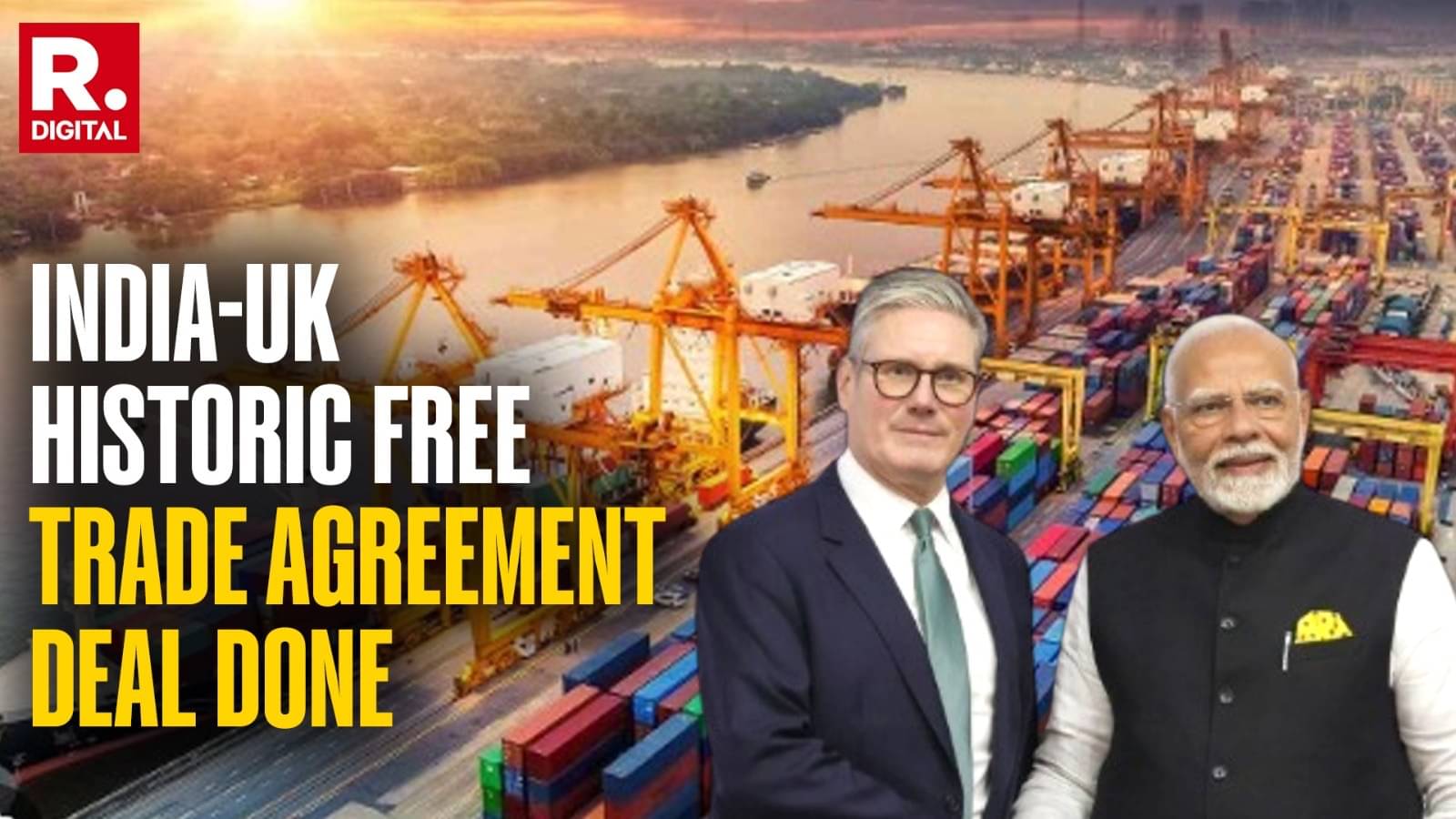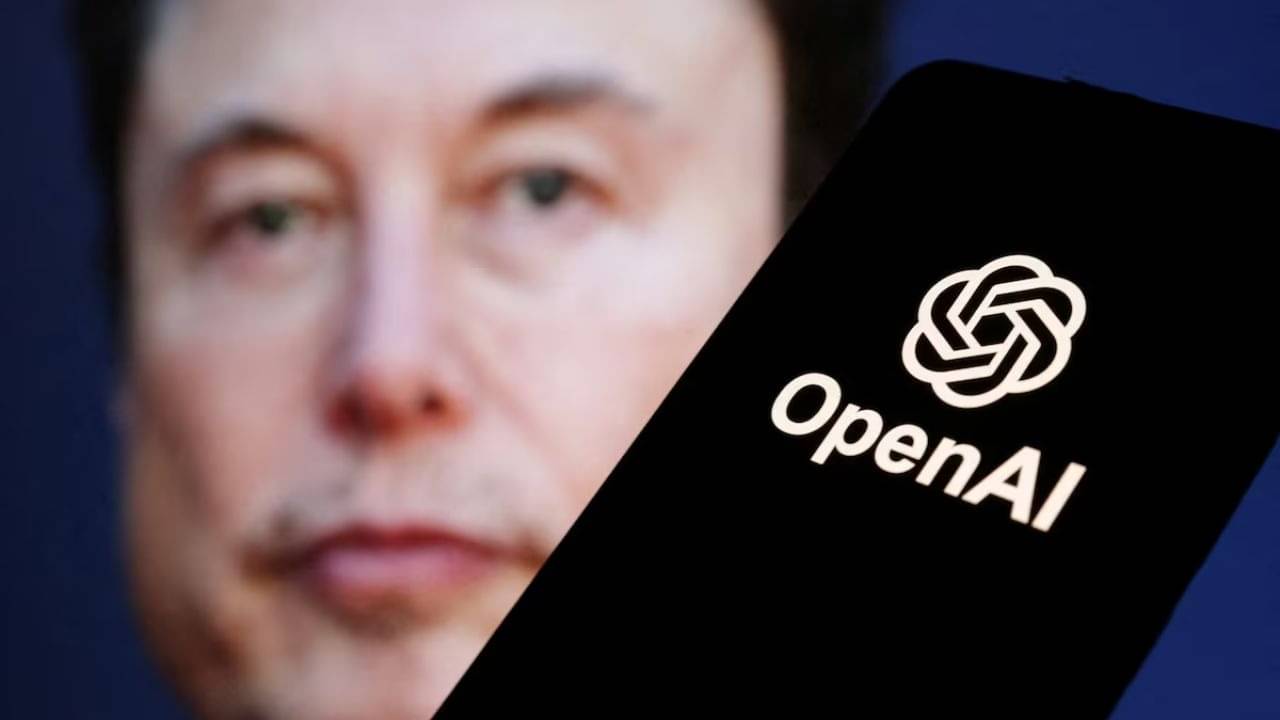Now Reading: India and UK Finalize Historic Free Trade Agreement: PM Modi
-
01
India and UK Finalize Historic Free Trade Agreement: PM Modi
India and UK Finalize Historic Free Trade Agreement: PM Modi

Rapid Summary
- India and UK have finalized a Free Trade Agreement (FTA), announced by PM Narendra Modi on May 6, 2025.
- PM Modi shared the news on X (formerly twitter), calling it an “ambitious and mutually beneficial” milestone.
- The agreement includes a Double Contribution Convention alongside the FTA.
- Both leaders emphasized that this development will deepen strategic partnerships, catalyze trade, investment, growth, job creation, and innovation in both economies.
- The FTA covers trade in goods and services and aims to enhance bilateral economic ties while improving living standards for citizens of both nations.
- UK prime Minister Keir Starmer remarked that reducing barriers with other global economies aligns with their goals for building a stronger economy.
- Additional benefits highlighted: opening business opportunities, strengthening people-to-people connections between India and the UK, expanding partnerships in global product/service development.
Indian Opinion Analysis
The finalization of the India-UK Free Trade Agreement marks a historic juncture in bilateral relations between two major economies. By covering goods and services trades comprehensively alongside the double Contribution Convention framework, this agreement is poised to considerably boost commerce. It demonstrates India’s growing role as an influential trade partner globally while promoting deeper international integration.
For India specifically, reduced barriers could provide businesses greater access to british markets – potentially aiding sectors like IT services or manufacturing. Conversely, UK industries may benefit similarly by tapping into India’s dynamic consumer base. Though impactful its immediate gains might be economically or diplomatically for both entities involved depend highly upon how equitably defined terms translate post-ratifications impacting notably citizen-level well-being surrounding societal/ entrepreneurial-wide collaborations

























